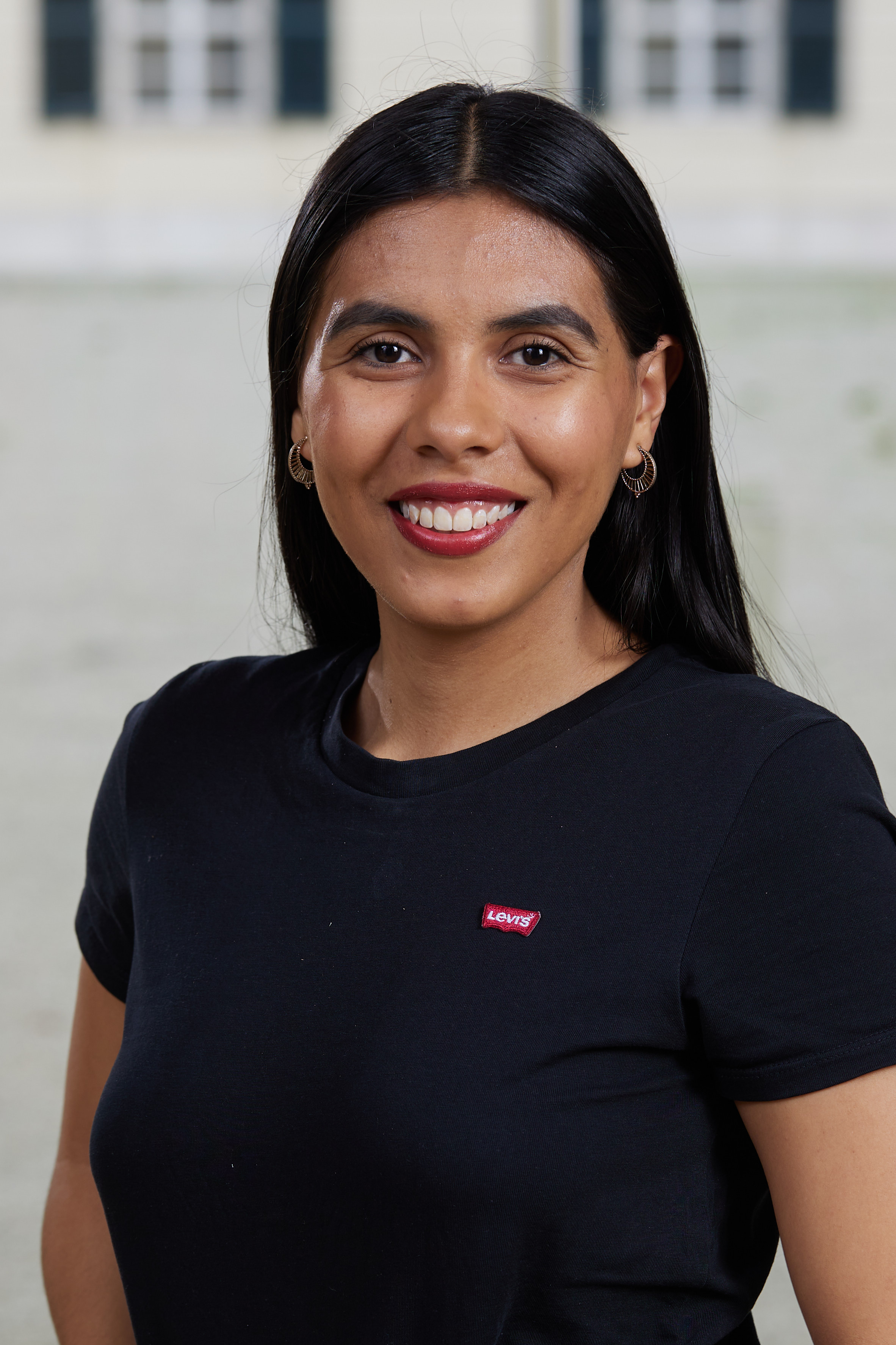
Options Magazine, Winter 2022: Juliana Arbelaez Gaviria joined IIASA in 2020 to work on the Global Biosphere Management Model (GLOBIOM) for the Czech Republic. She is currently a researcher in the Integrated Biosphere Futures Research Group of the IIASA Biodiversity and Natural Resources Program.
Q Formerly a professional swimmer, you are now a bio-climatologist with a focus on environmental water modeling. What role does water play in your life?
A I think I devoted my life to water in general. After swimming for over 13 years, I had to decide between university and sports, because the demanding nature of swimming made it hard to balance both. Eventually, I had to step down from the Colombian national team. At university, I then studied fluid dynamics, initially with a focus on oil and gas. However, I quickly realized that I wanted to adopt an environmental focus in my career. Water has always been close to my heart and ultimately served as the excuse to move from petroleum engineering to environmental science.
Q What are you currently researching?
A My current work mostly focuses on the role of agricultural irrigation in adaptation to climate change. This involves investigating which measures we can implement to keep up with the demand for food while addressing problems like water and land resource sustainability. In my research group, we are combining different biophysical and socioeconomic models to better understand the tradeoffs between crop productivity, land use, and irrigation, and inform better decision making on these issues.
 © M.Silveri | IIASA
© M.Silveri | IIASA
Q What are the most crucial levers for ensuring a sustainable supply and equitable distribution of natural resources in the future?
A In the Global South, including places like my native Colombia, challenges persist around satisfying basic needs like food and energy. Simultaneously, we need to avoid making the same mistakes as Europe or the United States, where questions of sustainability have been taking a backseat to profitability for a long time. Industrial development is important, but let’s think more holistically. Not only do we need to sustainably manage water and soil resources right from the start, but also include different ethnic and indigenous communities in the process. We must bring equity to places and groups that have historically been excluded from definitions of progress, yet are critical for protecting natural resources.
Q You are a passionate advocate for raising female participation in STEM fields. Why is it important that more women enter these disciplines?
A Including more women is important, but diversity in other respects is equally crucial. The climate field, for example, has benefited a lot from incorporating a wider range of perspectives. Science has for a long time been answering questions that were relevant to only a few people on the planet. When we open the scientific process to people from different backgrounds, we can significantly increase the impact of our work. Global challenges like climate change make this particularly necessary.
Q How can the scientific community become better at giving different voices a platform?
A Honesty and transparency are vital. Scientific discourse is often marked by very polite, even bureaucratic talk, whereas sometimes, all it takes is an honest and trustworthy conversation.
by Jakob Angeli
